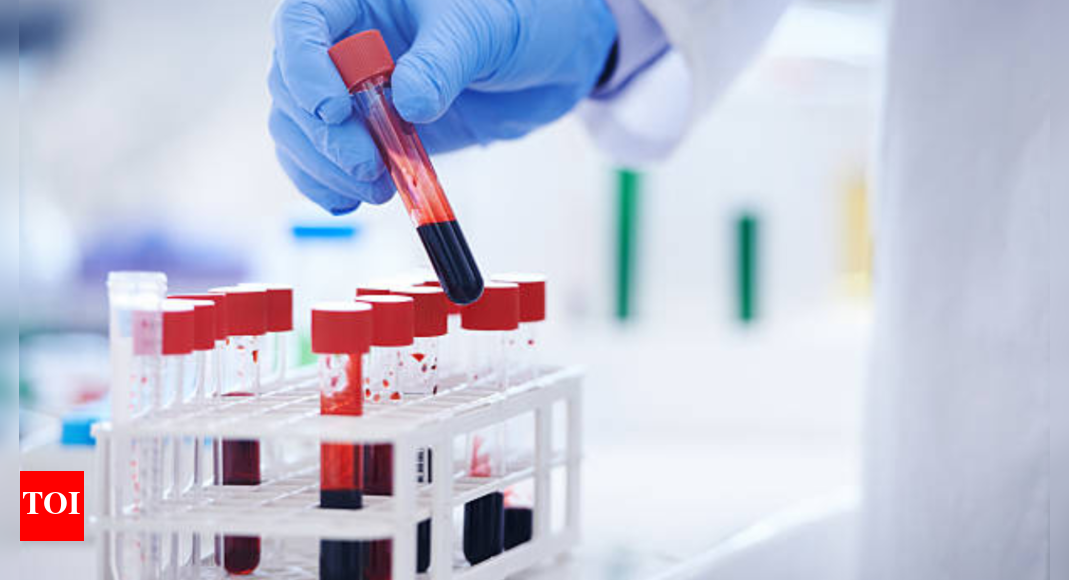NEW DELHI: Imagine a routine blood donation quietly holding evidence of a future cancer diagnosis. A recent study published in Cancer Discovery suggests that could soon be a reality: scientists have found cancer-linked DNA mutations in blood plasma collected years before patients showed any signs of disease.In a groundbreaking analysis, Dr Yuxuan Wang and her team at Johns Hopkins University examined plasma samples donated as part of an unrelated study decades ago. By analyzing free-floating DNA fragments, the genetic leftovers from dying cells, they were able to spot warning signs of cancer as far back as 3.5 years before diagnosis, the recent study published on May 22 in the journal Cancer Discovery mentioned.
“It’s an important step toward preclinical cancer detection,” said Catherine Alix-Panabières, a cancer researcher not involved in the study. “Earlier detection typically means better outcomes.”The research focused on 52 people: 26 who developed cancer within six months of donating blood, and 26 who remained cancer-free for at least 17 years. In seven of the cancer patients’ samples, researchers detected common cancer mutations, and in two cases, those same mutations were already present years before any tumors were found.The team dove deeper, sequencing DNA from earlier samples and comparing them to the patients’ white blood cells. In three cases, they uncovered dozens of unique genetic mutations, all hinting at cancer in its earliest molecular form.These findings, though early, shine a spotlight on blood plasma as a potential early-warning system, a kind of molecular time machine. The cancers detected ranged from breast and colon to pancreatic and liver, though some types, like brain cancer, remain elusive due to biological barriers like the blood-brain barrier.Still, it’s not all breakthroughs and optimism.“We didn’t find any mutations in 18 out of 26 cancer patients,” Dr Wang admitted, pointing to the need for larger plasma samples and better detection tools. Cost is another barrier; identifying personalized mutations through DNA sequencing can cost hundreds to thousands of dollars per patient.While full-scale clinical use may be 5–10 years away, experts are cautiously hopeful. With larger trials and stricter ethical guidelines, such tests might one day become routine for high-risk groups, giving doctors a head start before cancer gets one.For now, the study offers a glimpse into a future where a simple blood draw could change the story of cancer, long before the first symptom ever appears.
